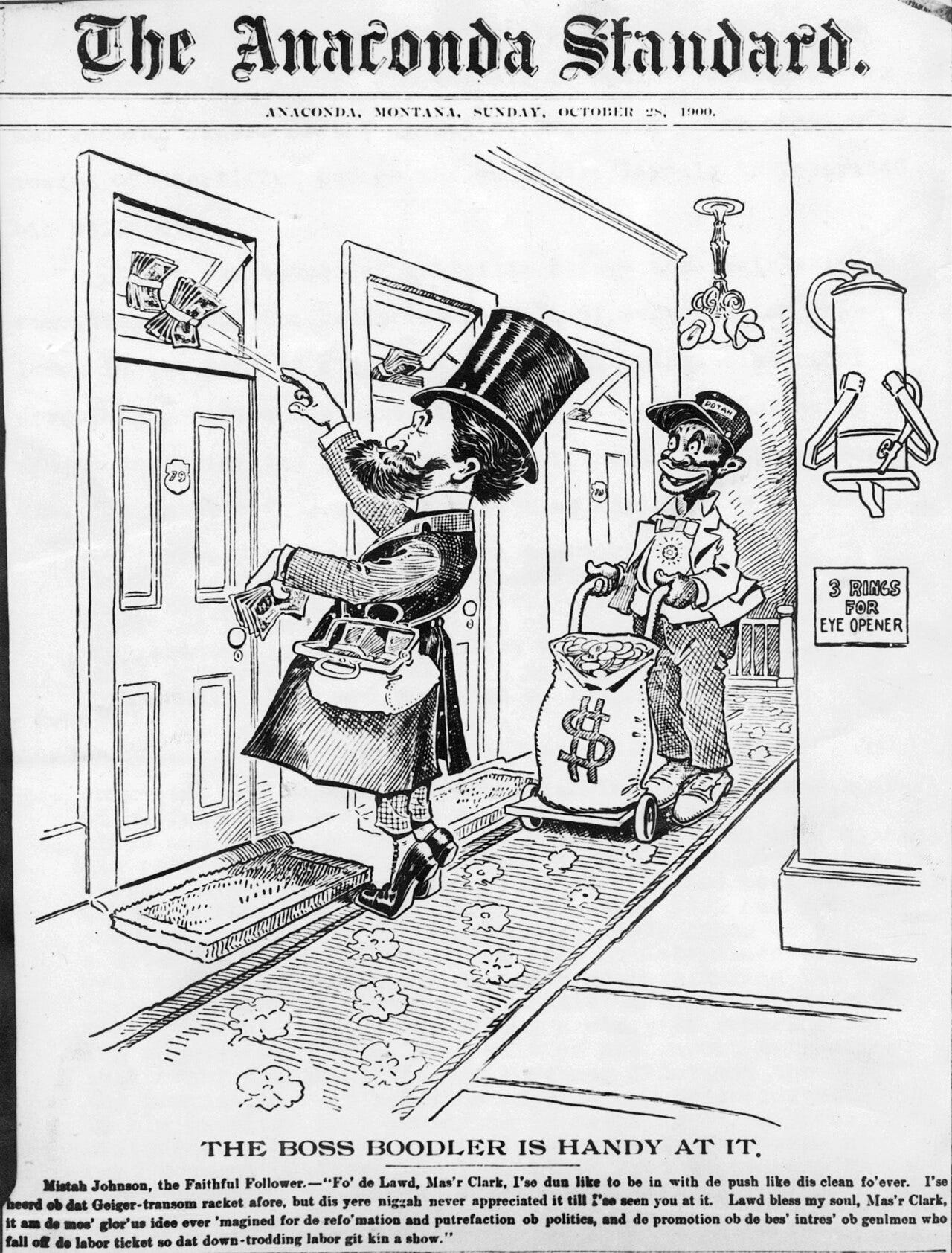An episode dedicated to the Citizens United decision of 2010 and its impacts on the way our political system works today. It’s estimated the campaign spending in former Sen. Tester’s most recent 2024 race neared $300 million, a huge departure from the $27.5 million spent during his first Senate race in 2006. We talk with the president of End Citizens United, an organization founded in 2015 that aims to reform campaign finance in the United States. We dig into the decision itself, the effects on today's campaigns and what people can do to demand more transparency in political spending.
The 2010 Citizens United decision is something that comes up in almost every episode of Grounded. Just ask Jon Tester. Why are we so divided? Why has the amount of money spent on federal elections increased 2,800% in the last 15 years? Why don’t we see more politicians going against the grain in their own parties?
The 2010 decision handed down by the Supreme Court basically ruled that corporations are the same as people and have First Amendment rights to spend as much as they want on elections. Proponents argue it protects free speech while critics say it opened the floodgates for huge spending from wealthy donors, corporations and special interest groups.
The decision hit hard in Montana, which at one point had some of the strictest campaign finance laws in the country.
You can trace the origins of those laws back to the time of the Copper Kings, when mine owner William Clark literally bought a seat in the United States Senate. In those days, state legislators were in charge of selecting who would represent the state in the U.S. Senate.
Clark was initially accepted into the Senate, but his opponents filed a petition charging that he won the election through bribery and corruption. The Senate Committee on Privileges and Elections heard testimony from 96 witnesses, whose testimony included stories of bribes ranging up to $100,000. “Clark's agents had paid mortgages, purchased ranches, paid debts, financed banks, and blatantly presented envelopes of cash to legislators.” The Montana Free Press reports he admitted to spending “more than $272,000 in bribes for the seat – the equivalent of nearly $8 million in today’s dollars.” The committee also pointed to enormous sums of money Clark’s rival, Marcus Daly, spent on the effort to block Clark’s election.
On April 23, 1900, unanimously decided Clark was not entitled to the seat. As the full Senate was preparing to vote on whether to allow Clark to keep his seat, he resigned, but not before complaining about the committee and the evidence. He didn’t have to wait long to get back to Capitol Hill. In January of 1901, the newly elected Montana legislature elected him to the Senate again— despite the fact that most of the newly elected lawmakers had previously been on the receiving end of Clark’s financial help. Marcus Daly died a few months earlier and no charges of corruption were raised this time. Clark served one term.
The corruption was part of the reason Congress passed the 17th Amendment to change the way the U.S. elected senators— putting the power with the people. It was ratified on April 8, 1913. The schemes also led to changes in Montana, where the state passed the 1912 Corrupt Practices Act, which banned corporate spending in politics. It stayed in place for almost 100 years, until the Citizens United decision.
Several legal battles between the state of Montana and the federal government ensued, but ultimately the U.S. Supreme Court reversed a Montana Supreme Court decision to uphold the state’s Corrupt Practices Act, basically nullifying key provisions of it. If you want to learn more, watch the movie Dark Money, a documentary that “examines one of the greatest present threats to American democracy: the influence of untraceable corporate money on our elections and elected officials.”
Now, Montana is trying something new to combat the influence of big money in politics through the Transparent Election Initiative. Our friend and former Gov. Marc Racicot and Tester are both in support of it. Basically, it would use the state’s right to regulate commerce to stop corporations from spending on political campaigns.
We hope you enjoy this episode— reach out with any questions!















Share this post